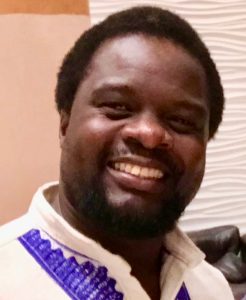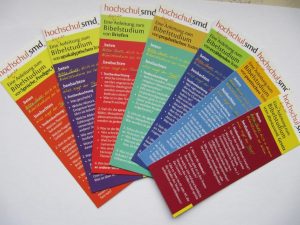My name is Masha and I’m still a student. My father is not a believer and worked for the state security services until his retirement. My mum was a Christian, but she died when I was nine. I knew the truth from my childhood, but it didn’t inspire me. I didn’t really care about life after death, the creator of this world or other deeper questions. Even though I knew that God exists, I had no interest in a relationship with him. But then after a Christian summer camp at the age of 19, I started to go to church and six months later, I accepted Jesus.
I got involved in ministry for international students. I saw a big need to serve these students who suffer from loneliness as they are far away from their families and homes. One of those students was Katia (changed name), a girl from one of the most closed countries in Central Asia. She came from a traditional Orthodox background, but knew very little about God and the Bible. She started to attend our church because of a friend who was going there. Then after two months, she stopped coming.
I decided to take the first step and suggested to her that we meet. She declined several times saying that she was too busy with her studies. But then she found a day for me and we met. We had a great conversation. I shared my story and suggested that we read the Bible together. (At the beginning of my Christian life, I also had someone who read the Bible with me.) I had never invited someone to read the Bible with me before. I was a little scared and had no idea how to lead a Bible study. I was so happy when she agreed and we started to meet up every week. During our meetings, she asked lots of questions about Christianity and the gospel. Her strategy was to speak little and to ask much. But I liked it! And I was very encouraged when she started coming to church again.
During the student’s international forum that we put on, Katia heard a lot about Jesus and his love. She also had three dreams in which she tried to run from the devil and Jesus saved her. After this forum she accepted Jesus. She now comes to church and our meetings for international students, and of course we still continue to have our personal Bible study. It is moving to see how she has grown in her spiritual life. In May, she got baptised. She said: “I think God did not bring me to this country by accident!”








